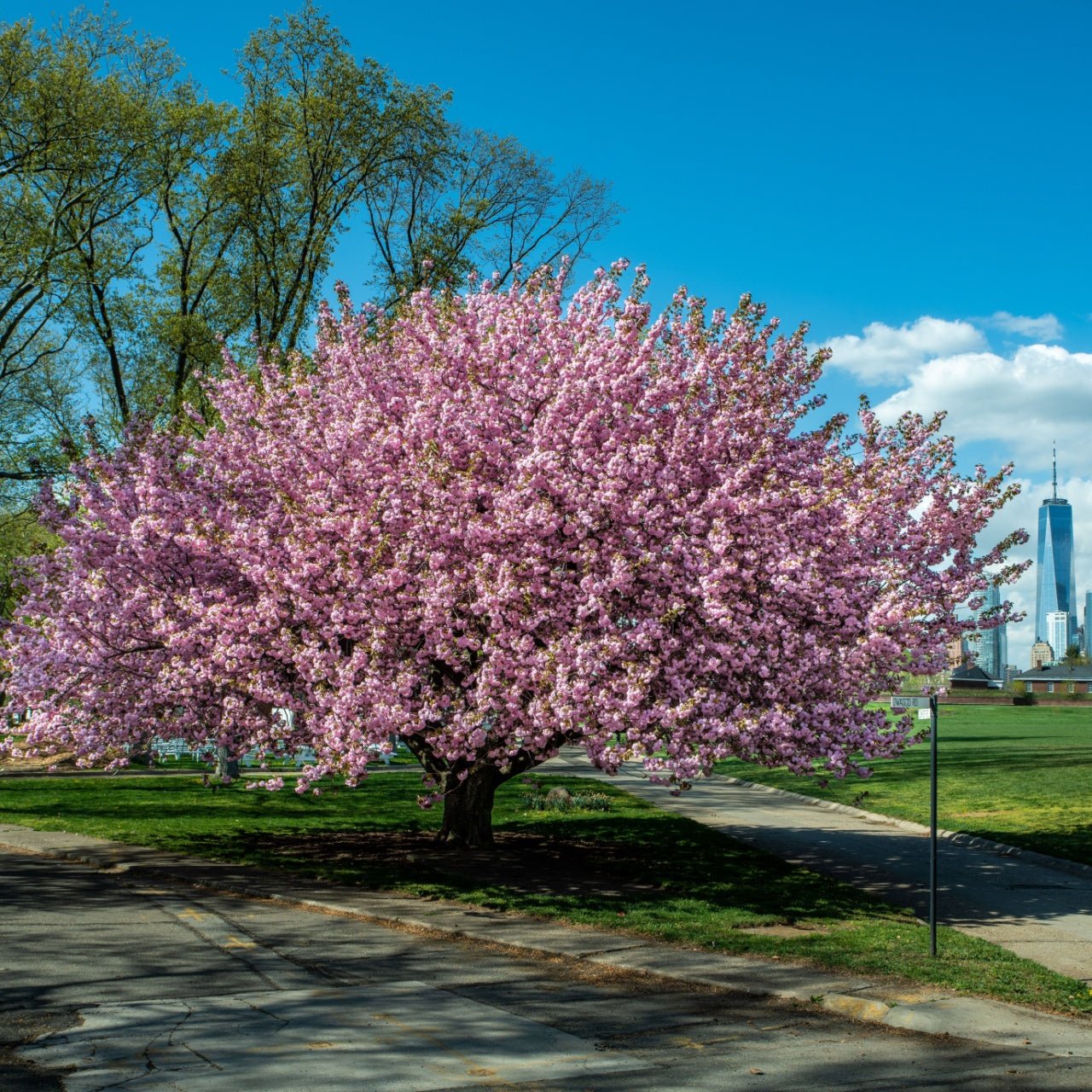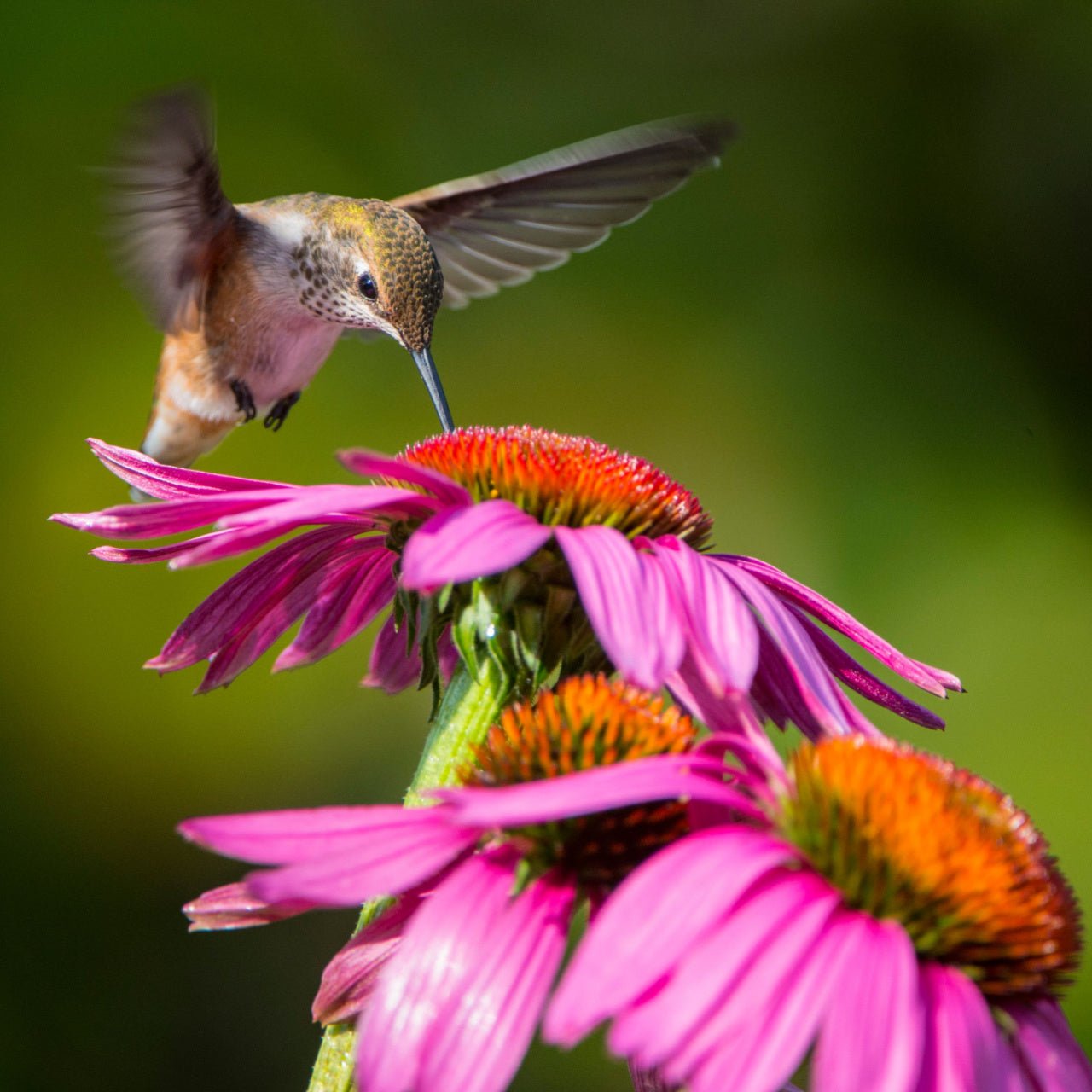
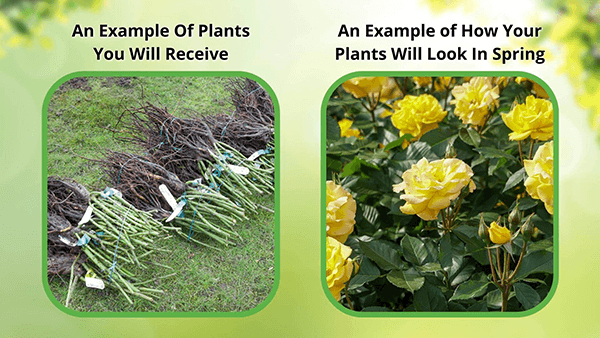

Bamboo Plant 2-3'
Fast-growing privacy screen
Excellent erosion control solution
Attractive and unique foliage
Thrives in
ZONE 5ZONE 6ZONE 7ZONE 8ZONE 9ZONE 10This plant ships:
Ships November 20251 Year Guarantee on all plants
Bamboo Plant: Bambusa Vulgaris
Bamboo Plant Planting and Growth Info
Seasonal Growth and Longevity of Bamboo Plants
Shape and Appearance
What You Get at TN Nursery
This Is How Your Plants Will Look upon Delivery
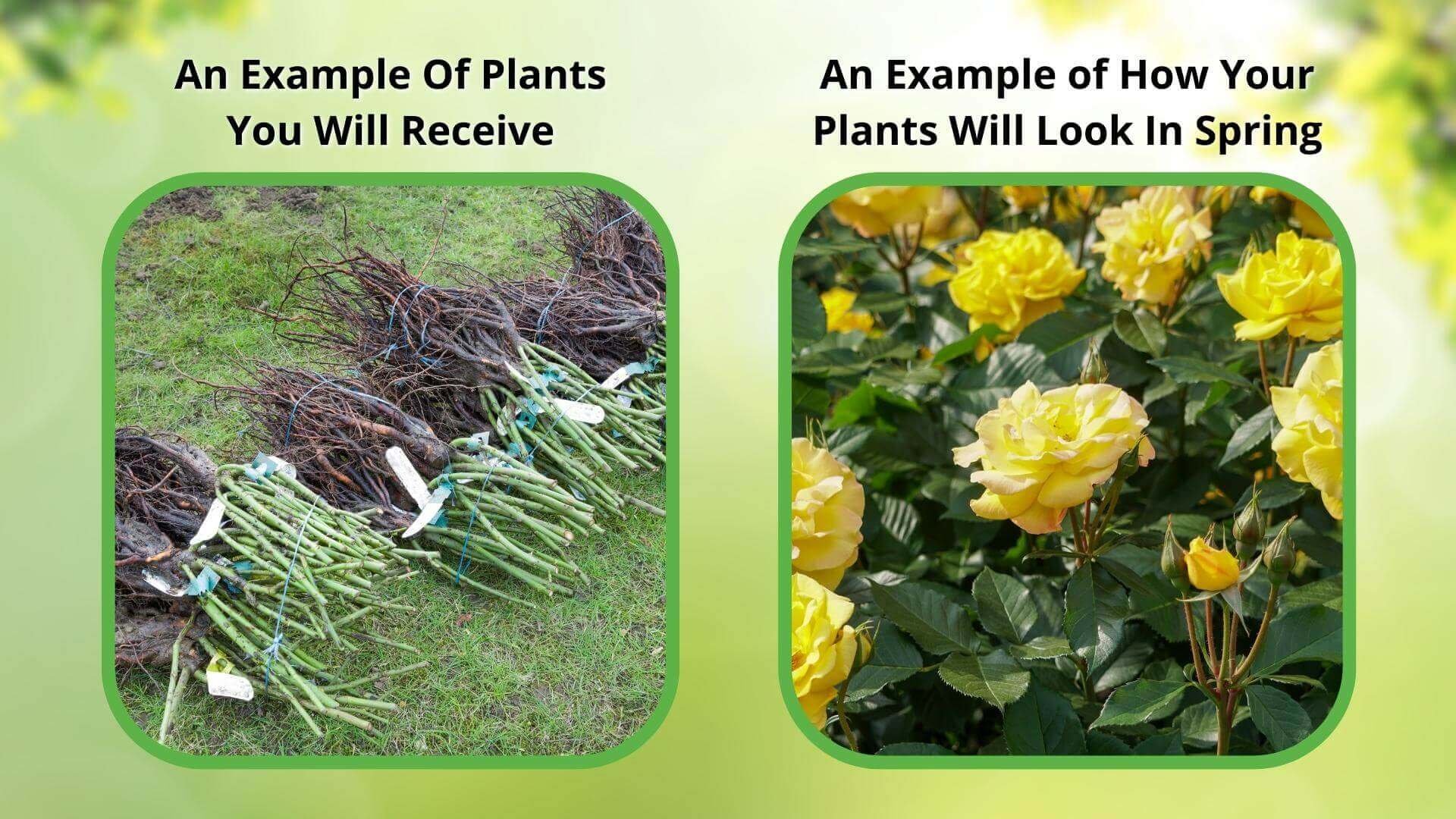
Height at Maturity
Over 10 Feet
Care
Bamboo thrives with regular watering, ensuring the soil remains moist but not soggy. Fertilize during the growing season. Trim regularly to maintain shape and remove dead or yellowing canes.
Plant Reproduction
Bamboo plants spread rapidly through underground rhizomes, forming dense clumps.
Shipping date depends on the date displayed and chosen when you order from the product's page.
We only accept returns on plants verified dead. If you think your plants have died, we offer a 1 year warranty, please use this File a Claim Link to verify dead plants and start with return warranty process.




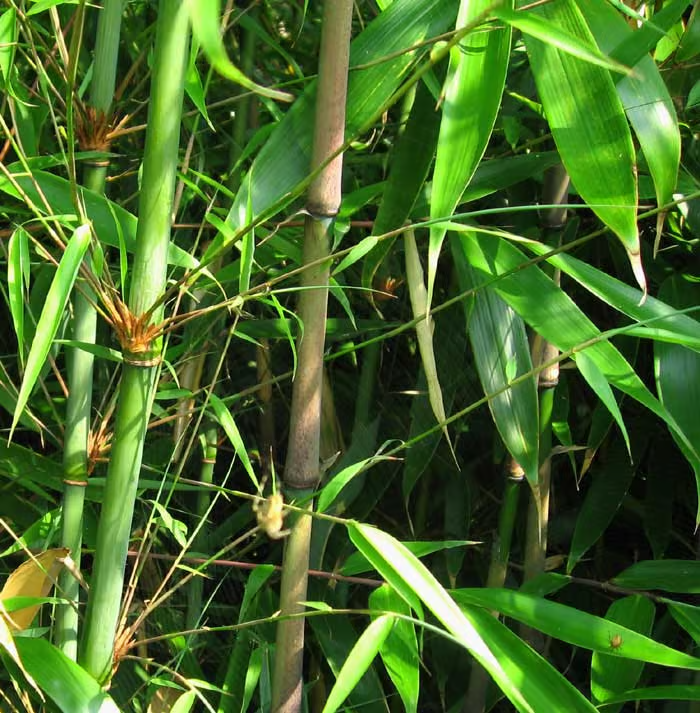
Rapid Growth:
Known for their quick growth, bamboo plants provide fast results for those looking to achieve a full, green landscape in no time. Enjoy a vibrant, dense garden in just a few seasons.
Aesthetic Appeal:
With its graceful, feathery foliage and elegant stature, bamboo adds a touch of exotic charm to your garden. Its unique appearance enhances any landscape design, from modern to traditional.
Versatile Uses:
From garden decor to construction materials, bamboo has a wide range of applications. Its strong yet flexible stems are perfect for everything from creating stylish fences to crafting beautiful indoor decorations.
Eco-Friendly:
Bamboo is one of the most sustainable plants, growing up to 35 inches a day and replenishing quickly after harvest. By choosing bamboo, you're contributing to environmental conservation and reducing your carbon footprint.
Caring Tips
How do I care for my Bamboo Plant 2-3'?
Each box contains detailed care instructions and information about your product. But here's the basics.
Care Tips
Bamboo thrives with regular watering, ensuring the soil remains moist but not soggy. Fertilize during the growing season. Trim regularly to maintain shape and remove dead or yellowing canes.
Light Requirements
Bamboo plants thrive in bright, indirect light. They can tolerate some direct sunlight, especially in the morning or late afternoon. However, too much direct sun can scorch their leaves. For optimal growth, provide them with filtered light or partial shade.
Hardy Planting Zones
5 • 6 • 7 • 8 • 9 • 10
Header
Use this content to share information about your store and products.
Frequently Asked Questions
How often should I water my plants?
How do I know if my plant is getting too much or too little sunlight?
What should I do to prepare my plants for winter?
What are the signs that my plant needs fertilizing?
How can I prevent pests from damaging my plants?
How do I choose the right plant for my climate zone?











